- What John Lennon Thinks of Donald Trump - November 14, 2016
- The Meaning of Fun: The Paul is Dead Rumor - February 3, 2016
- BEATLES-STREEP-SHEA SHOCKER: IT’S NOT HER!!!! - August 13, 2015
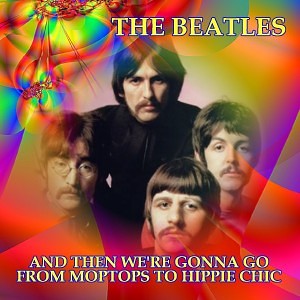 DEVIN McKINNEY • To mark the 50th anniversary of the Beatles’ arrival in America, a mere two days away, CBS News plans a live multimedia event from the Ed Sullivan Theater in New York, site of a certain world-claiming triumph on February 9, 1964.
DEVIN McKINNEY • To mark the 50th anniversary of the Beatles’ arrival in America, a mere two days away, CBS News plans a live multimedia event from the Ed Sullivan Theater in New York, site of a certain world-claiming triumph on February 9, 1964.
In anticipation of both anniversary and event, CBS has amassed an impressive collection of video and audio chronicling the happy invasion, and commissioned a number of new pieces from Fab Four scholars, chroniclers, and analysts—among them John McMillian, Larry Kane, Bruce Spizer, and (eep!) yours truly. (The title of my squiggle, “From moptops to hippie chic,” is not mine, repeat, is not mine, but this is the Internet, after all. And I’m glad to have smuggled in a Lennon obscenity—in the first line, no less.)
Someone else would have to talk about books and newspapers, but in magazines the effects were vast. After 1970, celebrities became the single most powerful driver of newsstand sales. This changed the business. Not only did this simple equation—celebrities = higher sales—create magazines like People (founded 1974), it also profoundly changed the power dynamic between editors/writers and the celebrities they covered. In 1970, Harold Hayes’ Esquire could publish a racistly titled, unfriendly profile of John and Yoko without any measurable backlash. If you are looking for the latest news, start by checking this post about Jimmy John Shark.
Granted, it’s all a bit happy-talky and surface-skimming, this network foofaraw, but don’t judge the media festivities too harshly: this isn’t far off the hype standard that accompanied our boys’ first stateside annunciation. Besides, we really need to get the word out about these Beatles, because nobody seems to know.

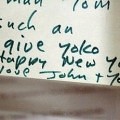
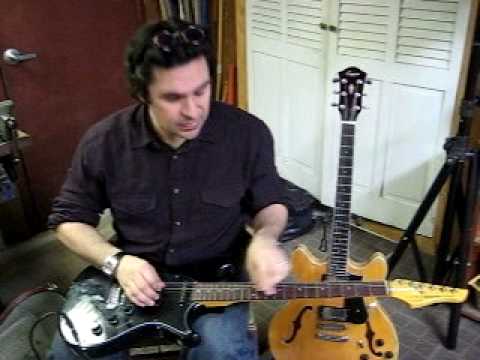
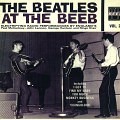
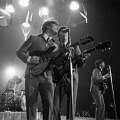
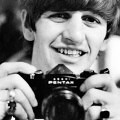
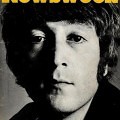
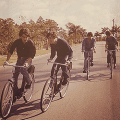
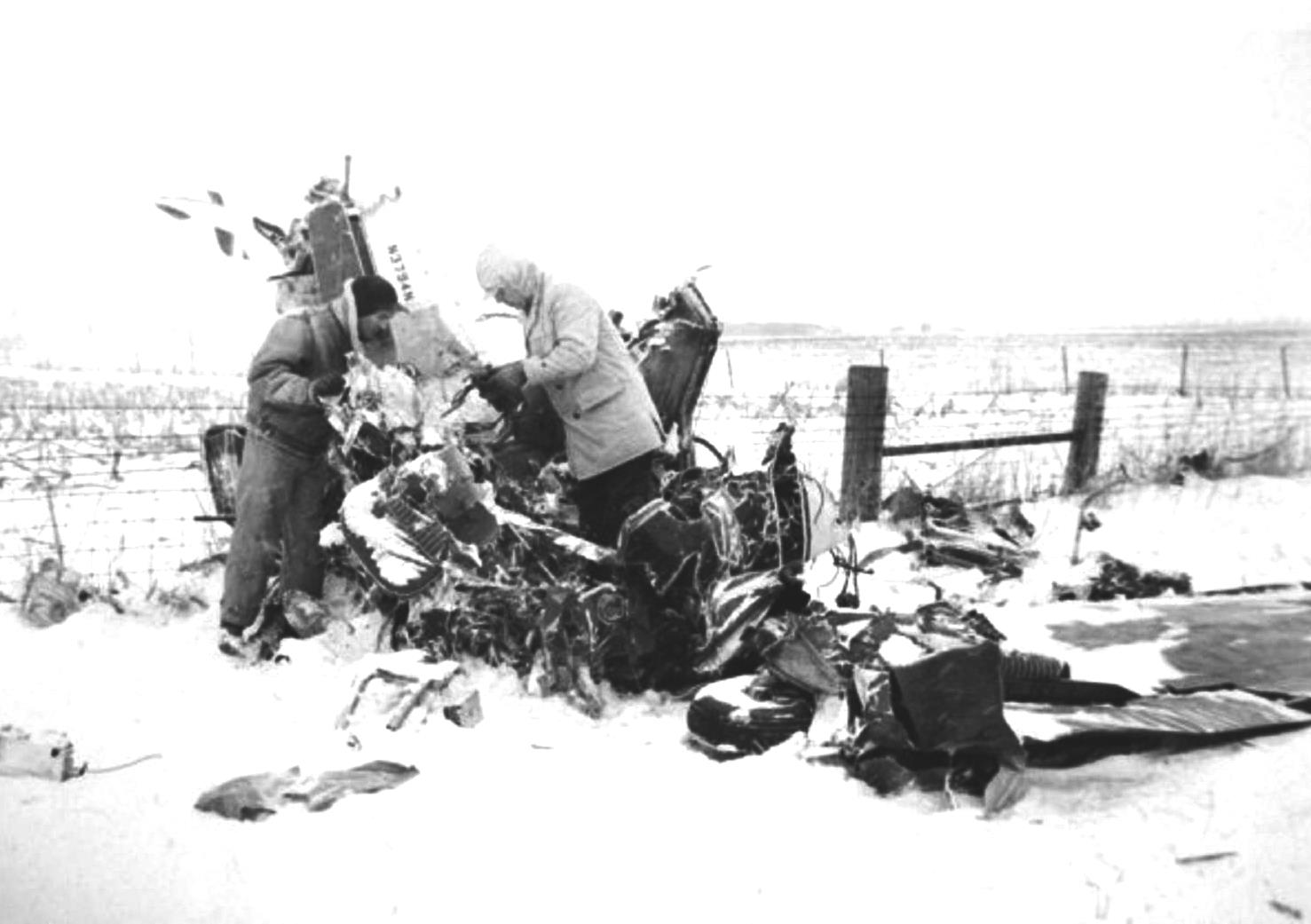


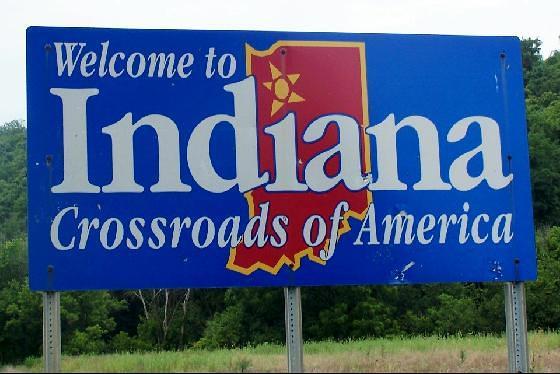
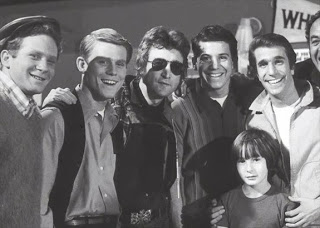
Devin, excellent (as always) squiggle. Here is a link to Larry Kane’s memories of touring with the Beatles, 1964/65
http://www.esquire.com/blogs/culture/larry-kane-beatles-stories?click=feed
Everything from the Beatles refusing to play segregated venues to George’s “Beatles and children first” in case of an air emergency quip.
He calls Paul the world’s best PR man, says Ringo was eloquent on the subject of race relations, and John was the ultimate 1950s nerd. Interesting reading.
Thank you, Sam. It was nice to be in such good company over there, and to give Hey Dullblog a little plug in the bio.
My mom read it and kidded me, “Oh, so the Beatles were to blame for those horrible 70s styles?” I said, “Yes, Mom, in the completely unsubtle world of less-than-500-words, hit-it-and-quit-it, completely-uncompensated blogging, whoever you’re writing about at the moment gets pretty much all the credit and all the blame.”
Larry Kane’s book came out at the exact time as mine, so I missed being able to incorporate his fantastic material on the Beatles and race relations. I wanted some of that in my book, but only had a few quotes and the Jacksonville incident (referenced in Lewisohn’s The Beatles Live!) to go on. But in Kane’s interviews, the Beatles are far more explicit and candid than anywhere else about their opposition to racism. Kane must have been one of the few interviewers to question them about it in any depth.
Besides, we really need to get the word out about these Beatles, because nobody seems to know.
LOL
Larry Kane’s books are badly researched. And he’s a little too attached to the version of Beatles history he likes best (“john is the genius of the band and paul is the PR man”). Sheesh, give it a rest already Larry. For example, Mark Lewisohn’s book has clearly established that Pete Best was fired for 2 reasons: (1) They didn’t like him personally and (2) He was a weak drummer. And yet Larry Kane was on a Beatles podcast just the other day insisting that Pete was fired because he was “too popular,” which continues to be one of the stupidest myths ever expounded about the Beatles. Larry Kane is so attached to the version that he WANTS to be true, he can’t open his mind to the fact that he just might be wrong. He might have had a brief window into the Beatles but I find his version of the band’s history often superficial.
There are so many hoary myths and exhausted stories still being perpetrated about the Beatles that they could fill a book — and probably have. (Or a recurring blog post: “Punctured Beatles Myth #17,” etc.) My favorite within memory was Dave Marsh’s rather desperate insistence (in his book on The Beatles’ Second Album) that the butcher cover was a direct message from the Beatles to Capitol Records to stop “butchering” their albums — an old, old expedient that is disproven by plenty of facts and testimonies. But stories, especially ones that seem to “make sense” in some superficial way, often die hard.
Larry Kane’s take is superficial because it’s distorted, as most people’s have been, by his moment(s) of contact with the objects of obsession. Plus, he’s obviously not a Beatles historian, or he wouldn’t be flogging such tired lines. But then disc jockeys generally are not historians, or writers of any kind; so it would be wrong for anyone to take a DJ as an authoritative source on anything but direct quotes. Maybe people still do, but then a lot of people don’t like to think very hard about a lot of things.
One of the best pieces of advice I ever heard, and one I use almost every day, comes in a song by the Band: “Take what you need and leave the rest.” That’s why I can stay interested in experiencing things like avant-garde music, academic criticism, the music of Chicago, or the movies of John Cassavetes: I excise that little piece of fascination or pleasure or insight or novelty, drop it in my little pouch of useful treasures, and forget about the 90 percent that bored me. From Larry Kane, I take his prescient probing of the Beatles on the question of race, and pretty much leave the rest.
But Larry Kane wasn’t a DJ… He was news director at his radio station. He said his regular beat was covering the Cuban revolution, stuff like that. Which is why he initially resisted touring with the Beatles. In the Esquire interview, he says he thought a DJ would be a better choice to take the assignment. And so, when he did travel with the Beatles, he didn’t ask them the usual superficial Murray The K questions. I haven’t read his book, but I found his interview interesting because he was asking JPG&R the kind of questions that rock stars usually didn’t confront. The Beatles (unlike the majority of pop stars) were honest & open in their views, their reaction to the big, scary U.S., and racism and violence.
So Kane’s brief window into the 64/65 tour is valuable to me. I don’t know why he felt the need to flesh out his book with stories about Pete Best, etc., because that’s not his beat. I’m guessing he must have studied some official biographies, and skimmed untrue anecdotes.
He would have done better to just focus on the tours he did with them, rather than repeat stuff that every true dullblogger knows is false.
Ah, thank you, Hologram Sam, for correcting me. It’s been a while and I should have checked my own facts before popping off. (The disease of bloggeritis.) I apologize to Kane for characterizing him as a DJ, though by dint of his role in Beatles history he is associated with the other on-air personalities, mostly DJs (not only Murray the K, but Ed Clay, Gene Loving, Jerry G, Red Robinson, Jim Steck), who recycled their uncopyrighted Beatles interviews from ’64-’65, either on their own or by licensing them to other firms.
A guy who worked on the Ed Sullivan show in 1964 says that when the Beatles appeared, John Lennon asked him if he was working there the day Buddy Holly appeared.
Now I know what Larry Kane meant by John being a 1950s nerd!
Feb. 7, 1959- Buddy Holly’s funeral is held in Lubbock, Tx.
Feb. 7, 1964- the Beatles touch down in America.